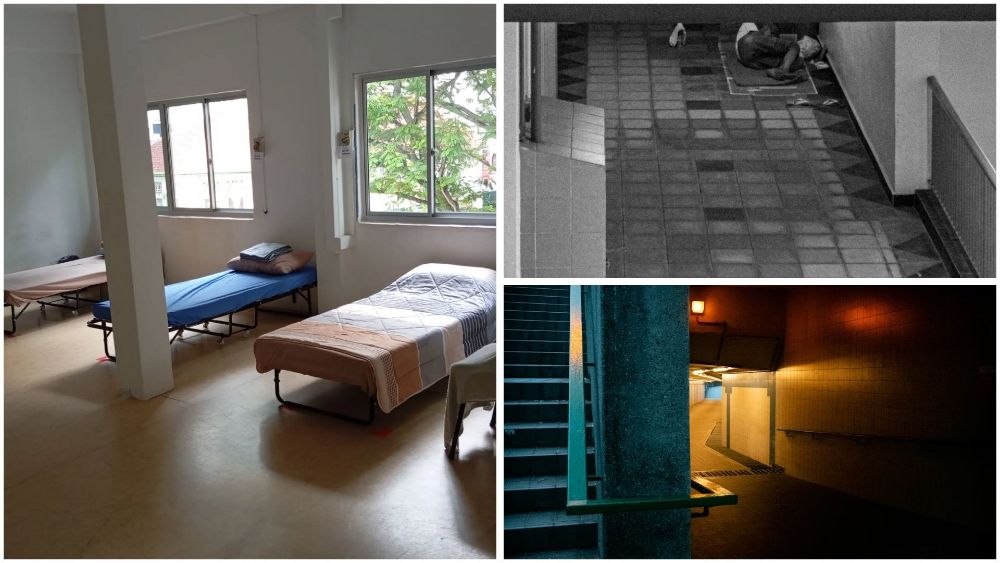Sleep Smarter: How To Curb Revenge Bedtime Procrastination
"What even is revenge bedtime procrastination?", you ask. It refers to the act of delaying one’s bedtime to make up for the lack of or inadequacy of leisure time during the day due to a busy schedule or unavoidable commitments.
I know I’ve been guilty way more often than I’d like to admit of committing revenge bedtime procrastination (RBP). In fact, the phenomenon is far more common than expected, with a study by the Sleep & Cognition Laboratory at the National University of Singapore uncovering that 55% of the 321 people surveyed confessing that they go to bed later than intended.
A lack of awareness on the side effects of sleeping late is seldom the reason for people exhibiting RBP to put a stop to it. The root cause could be much more complicated, and a proper diagnosis by a sleep disorder expert would be more suited to uncover the psychology behind it.
Short of consulting a professional when RBP turns chronic, check out our tips on wrestling control back into our life, and put sleep deprivation to bed.
Engage in regular exercise
Singapore’s Health Promotion Board recommends clocking a minimum of 150 minutes of Moderate-to-Vigorous Physical Activity (MVPA) per week. Aside from the obvious health benefits of regular exercise such as weight management and cardiovascular health, sleep quality is another area that gets a boost with all those active minutes.
Frequent workouts can help reduce the sleep onset (the time it takes to fall asleep), which is one way to curb RBP. In laymen terms, if you exercise regularly and vigorously enough, you will tend to feel sleepy more easily, and this will prompt you to turn in instead of indulging in RBP. I can personally attest to this as I’ve gone to bed on time on days that I went for my kickboxing sesh.
Craft a wind-down routine
Everyone has their own way of winding down for bedtime. Whether it’s scented candles, a calming pillow spray, books, ASMR videos – you’d know best what puts you in a relaxed mood, ready to let your body heal from the physical and mental exertions of the day.
You can also make the bedroom more sleep-inducing by creating a bedroom environment that is dark and quiet. Tell Alexa to dim the lights, draw the curtains and for goodness’ sake, do not turn on the TV. Banish any form of entertainment to the living room where it should be. Oh, and turn on “Do Not Disturb” mode on your phone until your scheduled bedtime to avoid unnecessary distractions.
If you’re unsure about what would put you in the mood for a good snooze fest, start a sleep journal where you note down what you use in your wind-down routine and rate your sleep quality each day. Continue experimenting until you find something ideal that’s sure to work in the long run.
Avoid caffeine or alcohol in the second half of the day
Now this might be very challenging, given the fact that most RPB sufferers probably rely on caffeine to survive throughout the day. It can be a vicious cycle, with caffeine acting as a stimulant, and blocking sleep-inducing chemicals in the brain which are responsible for us craving sleep. To circumvent this, try turning to other methods to stay alert such as munching on healthy snacks mid-day or standing up and going for short walks regularly.
Alcohol can be a double-edged sword. While it might initially help with falling asleep, it also wrecks one’s sleep quality in the long run as it disrupts sleep cycles. It’s best not to go heavy on the booze, particularly on a weekday when sleep adequacy is so important.
Say “no” to any activity with a long continuity
I know the “tudum” sound whenever a new episode on Netflix starts playing is mildly gratifying, but the auto-play function just exacerbates RBP. After all, without any effort whatsoever, we get to binge watch yet another episode of “The Glory” – and this temporary satisfaction we get is enough to hastily sweep aside any concerns of dozing off the next day.
Whether it’s a TV show, a book we can’t put aside, a video game we can’t stop playing or any activity that demands continuity from us, leave that for the weekend. Good alternatives to the above forms of entertainment could be: a stand-up comedy special lasting 1 hour, a magazine or a 30-minute podcast that focuses on a single topic with no follow-up episode.
Have an accountability partner
If all else fails, it’s time to use the trump card – by having someone else force coerce us to go to bed. What we lack in self-control can be compensated by handing over the reins to someone we trust, such as a spouse or family member. Go over the parameters with them so that they know what sort of strictness to exert.
Personally, I assigned my husband the task of pushing me to sleep once the clock strikes midnight (ideally, it should be 11pm, but we’re taking it one step at a time). No ifs, no buts, just a direct command. He would wrestle the phone out of my hands, set my alarm for me and switch off the lights unceremoniously - leaving me no choice but to try and doze off; this has worked wonders. I’d suggest this to anyone who has lost almost all self-control when it comes to bedtime habits.
For the latest updates on Wonderwall.sg, be sure to follow us on TikTok, Telegram, Instagram, and Facebook. If you have a story idea for us, email us at [email protected].











